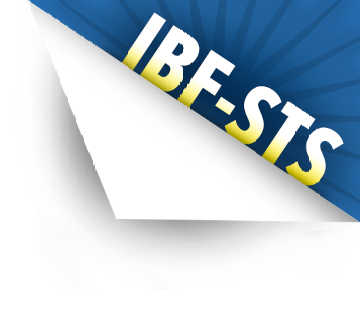Business differentiation means that a business takes on a priority to focus on accentuating and promoting the distinct differences in its offering to customers. For private banks, this differentiation starts with how they have built their competitive advantage on years of trusted services. Excellent client engagement experience is shaped by excellent service standards. Quality service differentiation is a powerful strategy to attract and retain core customers and to win new ones. But service quality differentiation is typically more challenging than product differentiation. This is why many top banking executives say that their successful clients’ engagement is about performance; but also its often more than just performance. It is about consistent and meaningful experiences. This is never easy largely because services are performed by people. Whether proactively delivering services or responding to customer complaints, it takes mindful designs, consistent and committed performance from employees to make service differentiation work.
The course provides private bankers and their support team members a learning experience to engage in identifying the key components of customer experience management. Key service concepts and practices will be discussed and practical wisdom shared on how RMs and their support team can work on a smart customer service knowledge base, service recovery programs and service resolution strategies to better address and engage their clients. To achieve excellence in service, we have to “do it right the first time!”
Target Audience
Relationship managers, product specialist, investment counsellors and client-facing service personnel.
Course Objectives
- Components, purpose and benefits of a customer service knowledge base
- Methods to gather specifications on customer service knowledge base
- Methods to test the customer service knowledge base
- Methods for identifying service gaps in existing customer service guidelines
- Typical customer life cycles
- Types of information to be stored in a customer service knowledge base
- Verbal and non-verbal communication techniques
- Conflict resolution techniques
- Key Performance Indicators (KPIs) for measuring customer experience
- Sources of information on service challenges
- Methods to analyse service challenges
- Components of a service recovery framework
- Methods to cascade service recovery policies and procedures to stakeholders
- Criteria to evaluate effectiveness of service recovery framework
Course Outline
Client Engagement and the Standard of Service
- Setting Service Standard in the organisation
Identifying the Service Gaps—What are They?
- Understanding and addressing service gaps
- Regulatory perspective on customer service
Customer Life Cycle in Private Banking
- Client engagement at different stages of CLC
Customer Service Knowledge Base
- The case for SKB in the Private Banking space
- Knowledge types and components of a SKB
- Benefits of SKB internally and externally
- Testing and evaluating your SKB
- Regulatory perspective on client communication
Customer Service Conflicts
- Common Service Conflicts—what are they and how to avoid or address them?
- The process and the softer end in handling conflict situations in customer service
Guidelines for Good Communication in Service Situations
- Verbal and non-verbal communication essentials
Setting Service KPIs and Progress Management
Identifying Service Challenges Early
- Common service challenges in PB
- Where to collect service feedback in order to address them effectively
Preparing and Organising Service Recovery Program
- Components of Service Recovery Process
- Conducting root cause analysis effectively
- Success factors for a Service Recovery Program
Assessment – MCQ
About IBF Certification
This course addresses the following Technical Skills and Competencies (TSCs) and Proficiency Level (PL):
- Customer Experience Management (Level 4)
- Service Challenges (Level 4)
Participants are encouraged to access the IBF MySkills Portfolio to track their training progress and skills acquisition against the Skills Framework for Financial Services. You can apply for IBF Certification after fulfilling the required number of Technical Skills and Competencies (TSCs) for the selected job role.
Find out more about IBF certification and the application process on https://www.ibf.org.sg/home/for-individuals/ibf-certification/why-be-ibf-certified
